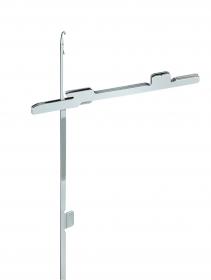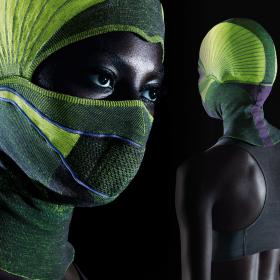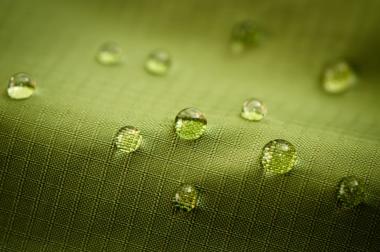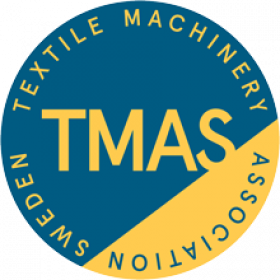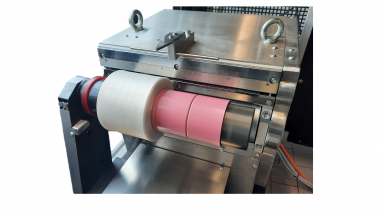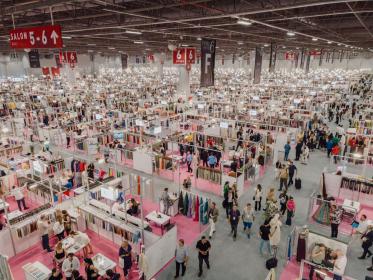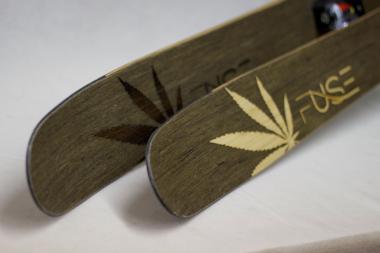Groz-Beckert and Santoni develop knitting system
In recent years, Italian circular knitting machine manufacturer Santoni (part of the Lonati Group) and Groz-Beckert have worked together to develop a new self-cleaning knitting system for the INNOTAS circular knitting machine. The knitting system is also called INNOTAS and consists of the circular knitting machine needle SAN™ DUO and the corresponding sinker SNK DUO-OL.
Following various preliminary investigations, the go-ahead was finally given in January 2015 for the joint development of a self-cleaning system in the needle area with side-by-side needles and a low shank.
The circular knitting machine needle SAN™ DUO with the sinker SNK DUO-OL was developed to meet the desired requirements. In the knitting system, there are two needles in the needle channel and two sinkers in one sinker channel. The benefits became apparent in initial field trials with experienced end customers in 2016. In the following years, the knitting system was continuously analyzed and further optimized.
The double filling in the needle channel significantly reduces soiling. In addition, the further developed shape of the knitting system ensures that any yarn lint is automatically removed from the machine during the knitting process. This extends the cleaning interval, making work more time-efficient and increasing productivity.
Both the needle SANTM DUO and the sinker SNK DUO-OL are characterized by a particularly low shaft with a predetermined breaking notch. The low shank minimizes soiling, while the predetermined breaking groove enables controlled needle breakage in the event of wear at the desired point. This reduces errors in the knitting process and machine downtimes.
Groz-Beckert KG


